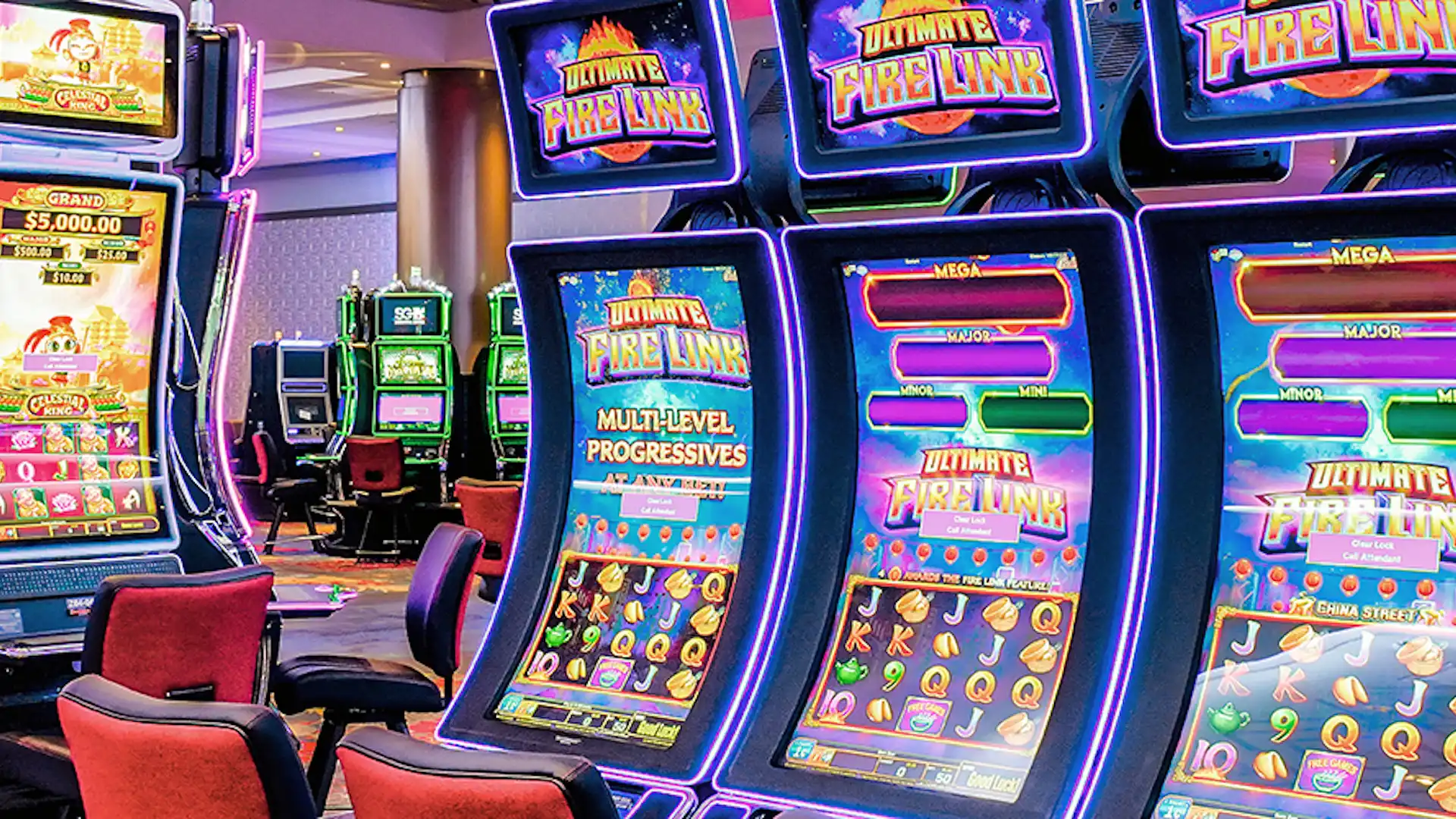The Cultural Impact of Gambling Games Across the Globe

Gambling games have long been a fascinating source of amusement, drawing numerous of players from diverse cultures around the globe. From the glitzy casinos of Las Vegas to the bustling gambling halls of the Cotai Strip, these games serve as a link that brings together people across various backgrounds. The allure of luck, strategy, and risk entices not only those seeking to gamble for profit but also those looking for a shared experience.
The influence of casino games extends significantly past the gaming floor. They often represent the cultural standards and principles of the cultures in which they thrive. Games such as poker, blackjack, and the spinning wheel have integrated into the tapestry of cultural phenomena, influencing everything from movies to clothing. branding As we explore this fascinating intersection of chance and society, we can comprehend better how casino games shape and are shaped by the world around us.
Chronological Development of Casino Games
The beginnings of gambling activities can be traced back to ancient cultures, where betting in different forms was widely practiced. In China, around two thousand three hundred years before Christ, a variant of luck game known as Keno was popular, while in ancient the Roman Empire, soldiers would often bet on the consequences of their games. The concept of using randomness for entertainment and profit evolved over the centuries, leading to the establishment of more formal games. By the end of the Middle Ages, gambling houses initiated to appear in European nations, especially in the Italian peninsula, which brought forth early forms of famous activities still enjoyed today.
As betting expanded fame in European regions, the 17th and 18th centuries saw the rise of gambling establishments as specialized venues for gaming. The initial official gaming venue, the Ridotto, was founded in Venice in sixteen thirty-eight, offering activities like Baccarat and Faro games. This era marked a major turning point, as gaming venues commenced to draw not just the wealthy but also the burgeoning middle-income class. The refinement of activities increased, leading to the introduction of new guidelines and modifications that enriched the play experience.
In the 19th century, the industrial age and transformations in societal standards also altered the landscape of gaming activities. The launch of the game of roulette and contemporary one-armed bandits drew a larger crowd, and gaming houses became seen as acceptable fun. This period witnessed the international spread of gambling, as gambling houses extended from the continent to the Western Hemisphere, culminating in the development of the famous Strip of Las Vegas in the twentieth century. The development of gaming activities has progressed into the current era, integrating technology and online sites, making them accessible to a global audience.
### Cultural Importance across Different Communities
Casino activities have deep-rooted cultural and social value across a multitude of communities across the world. For instance, in Las Vegas, the very fabric of the city is woven around gaming venues, where gaming is not just a recreational activity but a key aspect of leisure and community interaction. The bright lights and lively atmosphere attract countless individuals, showcasing how gambling activities can influence local economical structures and local cultures. This setting transforms the notion of relaxation into an immersive encounter that influences style, music, and even cinema.
Conversely, some societies treat wagering with an air of caution, seeing it through the lens of ethical beliefs and heritage. For example, in numerous Oriental societies, games like Mahjongg and Pai Gow Poker are rich with history and possess significant social relevance. These games are often played during gatherings and occasions, fostering community bonds and reinforcing kinship ties. The act of playing these games goes beyond mere amusement, reflecting values such as respect for elders and the importance of shared enjoyment.
Meanwhile, in continental countries such as Monaco and Italy, casino games serve as symbols of opulence and elegance. The refined atmosphere of these establishments attracts both tourists and native inhabitants, maintaining a sense of distinction and elitism. The art of poker and the tactical components of games like banker’s game are celebrated, influencing social dynamics and creating an attraction that captivates a heterogeneous audience. This emphasizes how gambling can both echo and shape societal views towards danger, gain, and relationship building.
Economic Impact and Travel Industry
Gambling activities play a crucial role in the economic landscape of many areas, particularly those that depend significantly on visitor traffic. The revenue generated from gambling establishments fuels local financial systems, creating jobs not only within the casinos themselves but also in connected industries such as hotel management, dining, and recreation. This surge of tourists, drawn by the allure of games and the overall gaming environment, stimulates spending across multiple local enterprises, contributing to the economic health of the region.
The presence of casinos often leads to the construction of infrastructure, including hotels, transportation systems, and leisure amenities. These developments are essential in improving the overall visitor satisfaction, making destinations more appealing to visitors. Additionally, many casinos invest in local communities through support of events and charitable initiatives, further embedding themselves into the social fabric of the region. Such contribution not only supports economic growth but also cultivates a positive reputation of the gambling sector.
In addition, the worldwide appeal of casino games drives competitive tourism, with locations vying to attract players from across the globe. Iconic locations like Las Vegas and Macau have become synonymous with gambling culture, drawing millions each year. This competitive edge encourages creativity and diversification within the gambling sector, influencing trends in entertainment and hospitality that resonate beyond their borders. The consequences of this visitor influx extend far, impacting local economies and cultural interactions on a worldwide scale. https://69vn.travel/